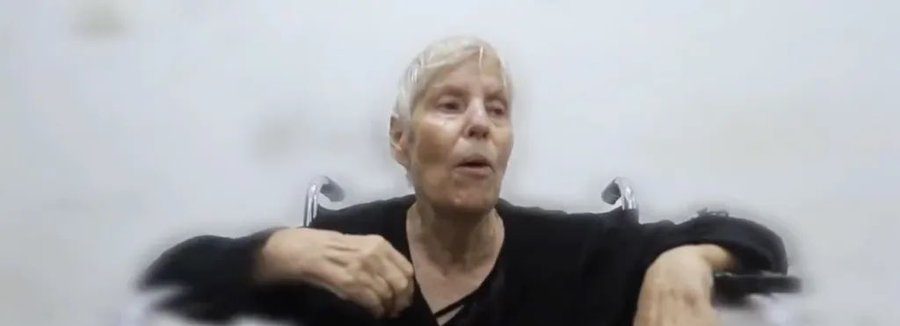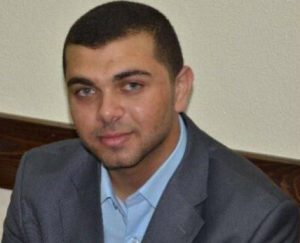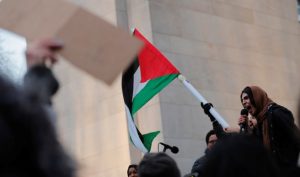Late on Tuesday, the Palestinian group Islamic Jihad reported the death of one of the Israeli hostages it had been holding since the attacks on Israel on October 7. The announcement was made by the Al Quds Brigades on its Telegram channel, stating that they had previously indicated a willingness to release her for humanitarian reasons. However, they claimed that the delay and reluctance on the part of the enemy (referring to Israel) to engage in negotiations or respond to their conditions ultimately resulted in the tragic outcome of her death. The circumstances surrounding the hostage situation and the details of the individual’s death were not provided in the statement. The situation reflects the ongoing tensions in the region and the challenges associated with negotiations between opposing factions.
Up to seven octogenarians, including eighty-five-year-old Yaffa Adar, may be among the hostages held captive. Yaffa, a resident of the Nir Oz kibbutz who lived alone and required assistance for daily tasks, was photographed being taken away by armed individuals in a golf cart after the seizure. Despite the unsettling circumstances, Yaffa’s composed yet ambiguous expression in the images stands out as a poignant symbol of the unfolding crisis.
Also Read: Who is Calla Mairead Walsh? Central figure in Boston’s ‘Jew Mapping Project’ arrested
Adva Adar, Yaffa’s granddaughter, emphasized Yaffa’s resilience, stating, “They won’t see her humiliated or scared or hurt. She will let them see that she’s a person.” Adva expressed her bewilderment at the situation, questioning how someone could enter the home of an eighty-five-year-old woman, devoid of any capacity to harm or protect herself, and choose to take her hostage. The lack of basic compassion in such a scenario remains incomprehensible to her.
The narratives of the elderly hostages weave a tapestry connecting the present tragedy to Israel’s tumultuous history. Eighty-four-year-old Ditza Haiman, a retired social worker and reportedly a hostage from Nir Oz, is the widow of Zvi Shdaimah, a Kindertransport survivor who escaped Nazi-controlled Europe. Seventy-five-year-old Alexander Dancyg, the son of Holocaust survivors in Poland, spent decades at Yad Vashem in Jerusalem, promoting Israeli-Polish dialogue. Shoshan Haran, a sixty-seven-year-old plant biologist reportedly abducted from the Be’eri kibbutz, founded Fair Planet, an organization distributing seeds in the Global South. These compelling life stories underscore the deep and diverse connections between the hostages and Israel’s historical and social fabric.







